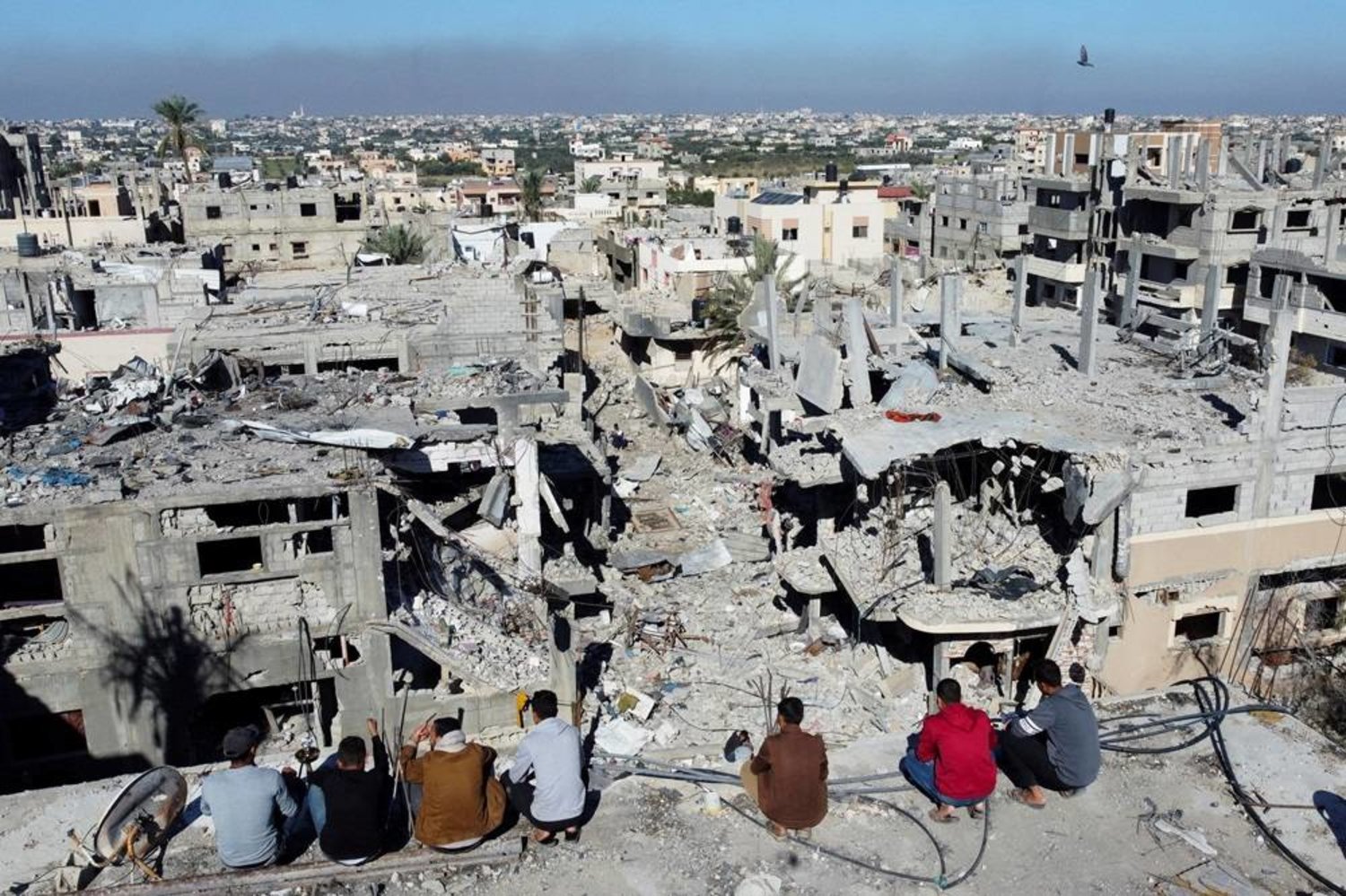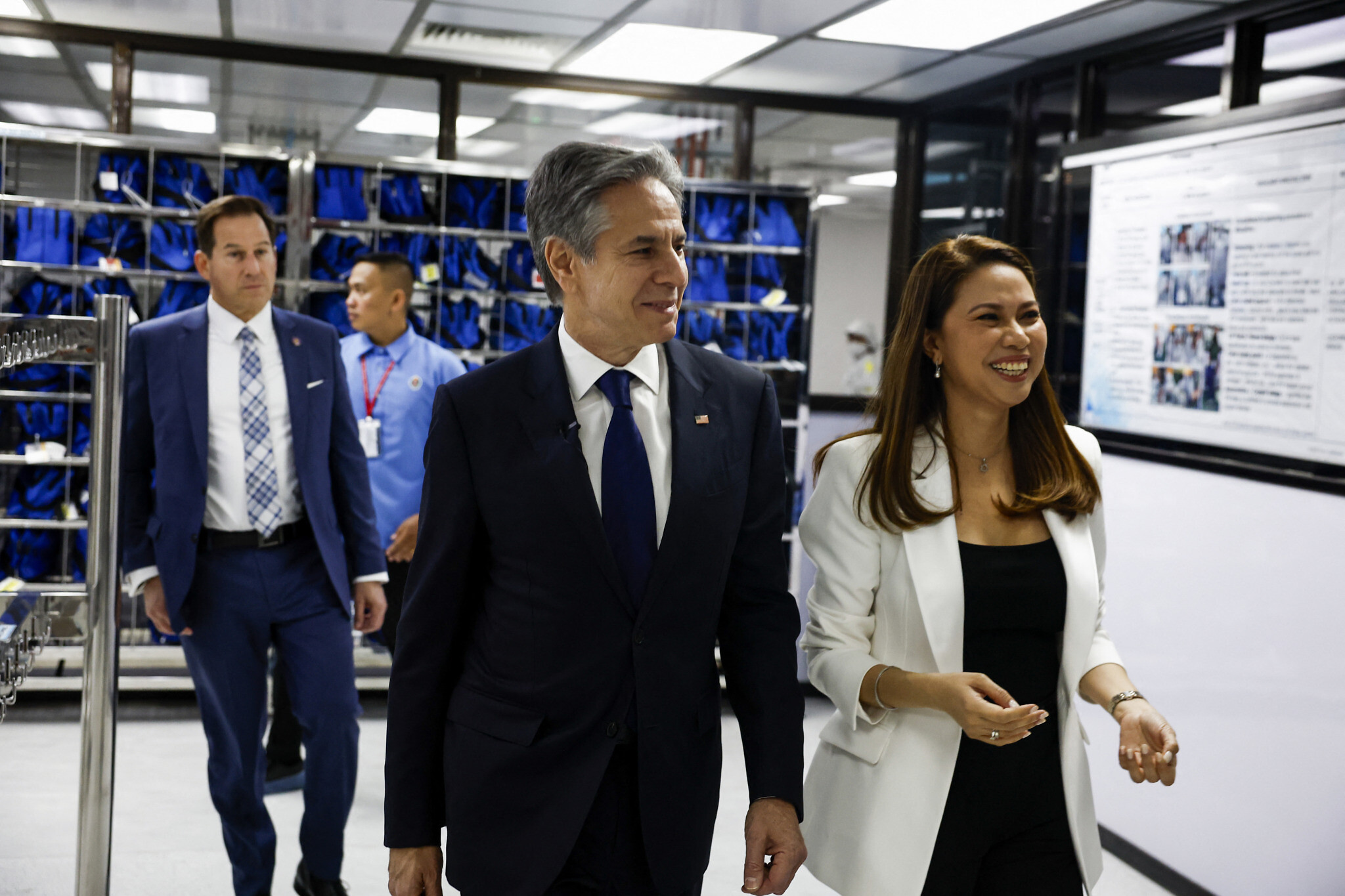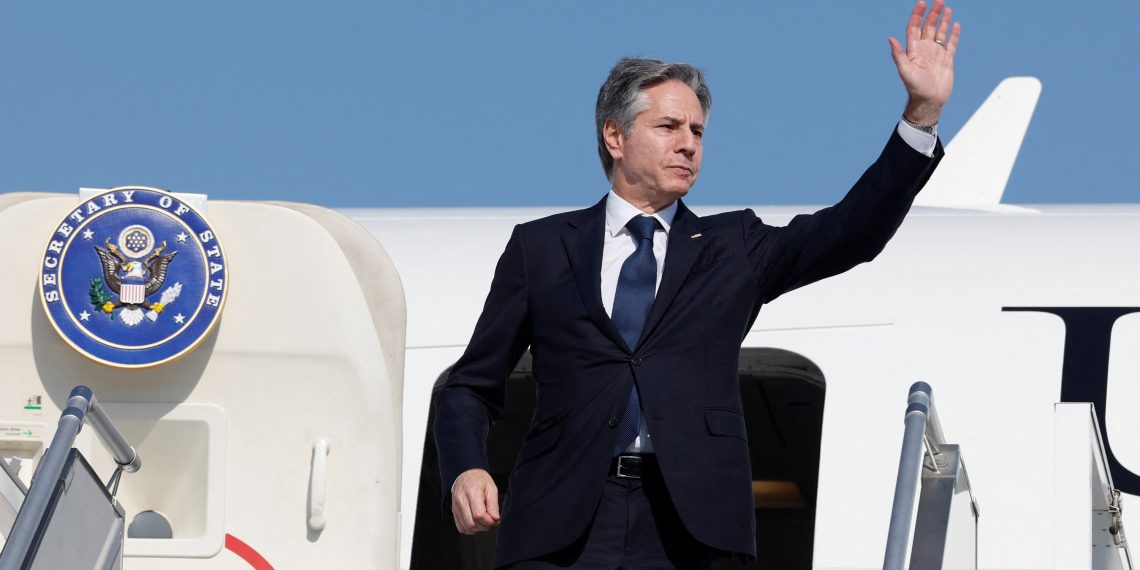Britain’s Foreign Secretary David Cameron emphasized the critical need for a ceasefire between Israel and Hamas to facilitate the release of hostages in Gaza. During a visit to Thailand, Cameron stressed the imperative of meeting various conditions to establish a lasting peace agreement.
He condemned Hamas for its attacks on Israeli civilians and its inhumane hostage-taking practices, asserting that the Palestinian people’s future depends on sidelining the militant group.
Cameron underscored the importance of turning the temporary pause in fighting into a permanent and sustainable ceasefire.

He outlined key conditions, including the removal of Hamas leaders from Gaza and the dismantling of terrorist infrastructure. These steps, he argued, are neccessary for ensuring the safety and stability of the region.
The diplomatic efforts to broker a ceasefire intensified as Secretary of State Antony Blinken embarked on a mission to the Middle East.
Blinken aimed to facilitate discussions with senior leaders of Egypt and Saudi Arabia on establishing the framework for a lasting peace agreement. However, no mention was made of plans to visit Israel.
Cameron addressed the escalating conflict in Myanmar, characterizing it as a multifaceted civil war. He called for increased international involvement, urging former colonial ruler Britain, Southeast Asian bloc ASEAN, and other nations to step up efforts to end the violence.

Cameron expressed hope that Britain could play a role in ensuring aid reaches those most in need in Myanmar.
During his visit to Thailand, Cameron explored opportunities for defense cooperation, particularly regarding Gripen fighter jets manufactured by Sweden’s Saab in collaboration with British firms.
He anticipated a significant economic boost from potential deals, including one worth £400 million, and highlighted plans to elevate bilateral relations through a strategic partnership between Britain and Thailand.





